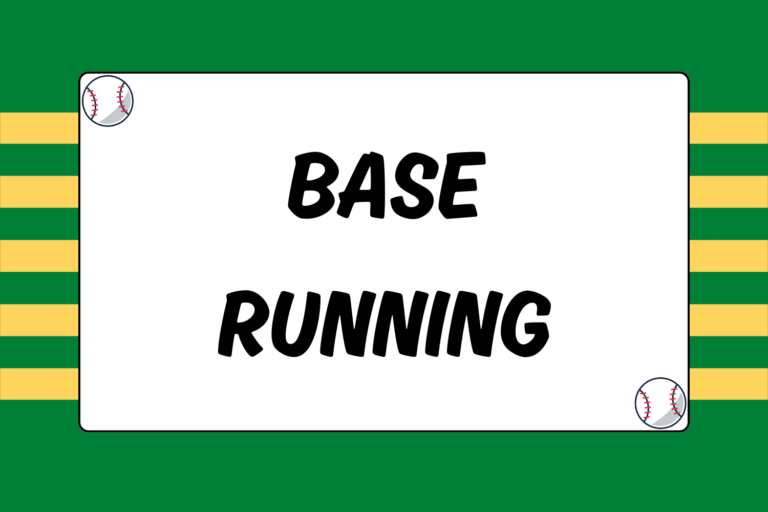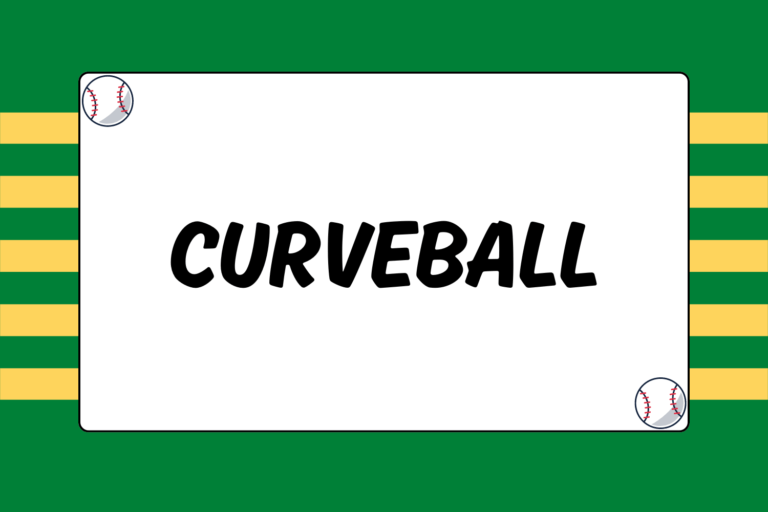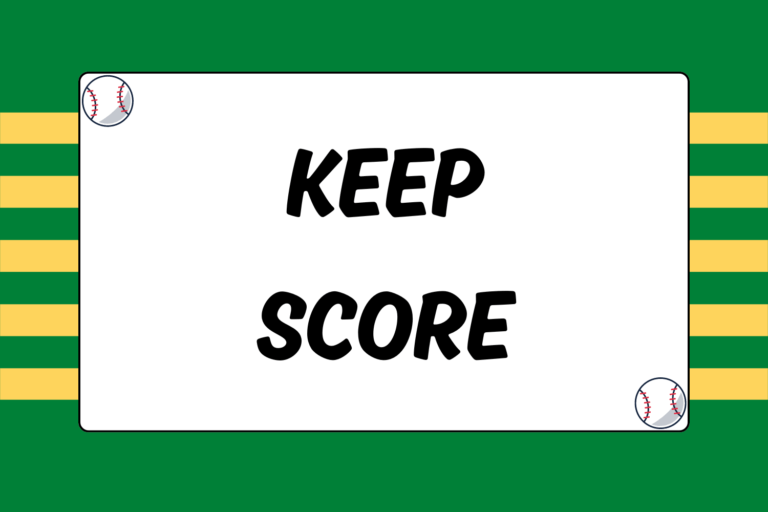Catching is arguably the most difficult and certainly the most physically demanding of all the positions on the field. Not every player has both the talent and mental make-up necessary to be a good catcher. So in spite of the fact that it’s imperative for a team to have a reliable catcher in order to win, good catchers can be difficult to come by.
If your calling is to become a catcher, it can be extremely rewarding. And if you’re good enough, it can allow you to play the game for a long time, as teams are always in need of good catchers. The following are tips to help you understand what it takes to become a great catcher.
Control Your Own Practice Time
This might be the most important piece of advice you can receive as a catcher. You touch the ball on nearly every play, and your defensive reliability is perhaps more important than that of any other position on the field. Games can be won or lost because of your performance on defense, and your teammates and coaches will have high expectations for you. However, it’s pretty common for coaches not to give adequate practice time to focus solely on a catcher’s defense. It could be because they don’t have time, or maybe it just never occurs to them.
Regardless of the reason, you have to take responsibility! Hopefully, defending bunts and first-and-third plays will be a regular part of practice, which will allow you to work on your fielding and throwing, as well as your decision-making skills. Practicing blocking, receiving and footwork should be part of your daily routine as well. And if it’s not part of the team practice, take it upon yourself to get your work in! Most catcher drills can be done with the assistance of one other player or coach.
Learn Your Pitchers
Catchers have more things to worry about during the course of a game than anyone else on the field. You are responsible for your hitting, your defense, and handling the pitching staff. You need to know all your pitchers’ tendencies. Know what pitches they each throw, what their best pitch is, and what their worst pitch is. You need to learn how their pitches move and how they like to attack hitters. Know what your pitchers like to throw in certain counts; what is their strikeout pitch and what do they throw when they’re behind?
You also need to know each pitcher’s good and bad habits. If they are struggling with command or mechanics, you need to be able to recognize the problem and help them make adjustments. Some pitchers might need more help than others, and offering that help is a job for which catchers are not likely to receive much credit. However, knowing your pitchers is a vital part of managing a game, and ultimately, it will allow you to help your team win.
Be a Leader on the Field
From your position behind the plate, you can see the whole field better than anyone. As a catcher, it’s your job to decide where throws should go on bunts and balls hit to the outfield. Tell your pitchers and cut-off men what to do with the baseball. Be loud and decisive!
Work on Your Footwork
Catching is all about having quick reflexes, and that will show up in your footwork. Having quick feet is important for all aspects of the position, but proper footwork (i.e. being able to get out of your crouch and into a throwing position) plays a major role in your ability to throw out would-be base stealers.
Be the Toughest Player on the Team
As a catcher, you spend most of the game in full gear, diving around in the dirt and chasing after balls. You will get hit with foul balls, and the point of impact won’t always be where there is padding. You will constantly have bumps and bruises, but you can’t let it affect your play. Constantly enduring pain might be a lot to ask, but great catchers are tough as nails and they set an example. When your teammates see you playing through aches and pains, it will rub off on them.
Set Up Late
Although etiquette usually precludes it, it’s possible for base runners and even hitters to gain an advantage by knowing where the pitch will be based on where the catcher sets up. Because of this, try to avoid giving the sign and immediately going to the inside or outside corner. The longer you wait (when the pitcher starts his delivery is probably the best time), the less chance the offense will have of picking up the pitch location. This is a minor detail, but it can help get valuable outs.
Earn Extra Strikes
In a perfect world, umpires would have precise and consistent strike zones that conform to the written rules. Unfortunately, the baseball world in which we live is not perfect. Some umpires give more leeway off the plate, or high or low, and sometimes they just flat out miss pitches. Catchers can also have a big impact on ball and strike calls.
If you have to reach away from your original target to catch a pitch, or do anything to make it look like the ball missed its location, you’re less likely to get a strike call. Unless you are purposely trying to throw a ball off the plate (an 0-2 pitch, perhaps), set up over the plate or on the corner. If an umpire sees you setting up far outside, even if the pitch hits the glove, he will know it’s not a strike.
Similarly, pay attention to how you receive the ball. Ideally, you want to “stick it” as much as possible. Don’t let the pitch’s momentum carry your glove out of the strike zone. Instead, try to turn your glove towards the plate as you catch the ball. This is something you can practice, and the more you practice, the better chance you’ll have at getting strike calls on borderline pitches.
Amazingly True Story
For decades, a story has circulated around baseball about Hall-of-Famer Johnny Bench, arguably the game’s greatest catcher. The story, or legend as it has become, has never been totally confirmed and the names of those involved change depending on who recites the tale. The legend states that Bench once caught a pitch with his bare hand. The most reliable account comes from Bench’s own 1979 book “Catch You Later.”
In the book, Bench describes a situation in 1968 in which he was catching Gerry Arrigo against the Dodgers. According to him, Arrigo had a really good curveball, but he too often let up on his fastball, throwing it soft, and limiting his effectiveness. As he writes in the book, Bench became so frustrated with Arrigo that on one fastball, he dropped his mitt to the ground and “reached out with [his] bare hand and caught it like a tennis ball.” Bench claims that after the Dodgers and many people in the park stopped laughing, Arrigo miraculously found his good fastball.
Protect Your Signs
You have to be diligent when giving signs to your pitcher. Keep your knees fairly close together and keep your fingers between your thighs, right up against your cup. If you give signs too high, too low, or too far away from your body, it can be possible for base coaches and even players in the dugout to see them. Even if it seems obvious that no one is trying to pick your signs, it’s still a good habit to get into. Better safe than sorry!
Be Aware of the Hitter
Pay attention to where a hitter stands in the batter’s box, and pay attention to how he takes a pitch. Does he step in the bucket? Does he lean in? Also pay attention to how each hitter swings. How is his bat speed? Does he have an uppercut? Does he pull his head off the pitch? Is his swing long or short? These are all factors that should affect the way you and the pitcher attack each hitter.
For example, if you notice that a batter has a slow bat and can’t catch up to the fastball, then it’s probably not a good idea to throw him an offspeed pitch to speed up his bat and give him a chance to hit the ball. Similarly, if a hitter is gearing up for fastballs and flying open on each pitch, then you could probably get him to swing and miss on a breaking ball away. These are the mental aspects of the game that separate great catchers from average catchers.
Be a Student of the Game
The pitcher has to feel like he is the one controlling the game, but the catcher needs to be aware of everything that’s going on. As the man behind the plate, your goal should be to become the smartest player on the field. Think like a coach. You should know where every throw should go on defense. Also, learn how to set hitters up and keep them off-balance, and how to anticipate offensive plays (like bunts, steals, hit-and-runs). You can learn something new every inning. And the more you pay attention, the more you become an on-the-field coach and give your team a better chance to prevent runs.
Set an Example
No one expects the catcher to be the fastest player on the field, but you can absolutely set an example with your hustle. Your teammates will instinctively follow your lead if you play the game the right way. Run hard everywhere you go, back up bases, and always display a positive and hard-working demeanor. People naturally respect catchers because their job is so difficult. It takes a special kind of player to be a successful catcher. Exude a strong work ethic and competitive attitude, but also let your love for the game guide you on the field. The best thing you can bring to your team is passion and leadership.





